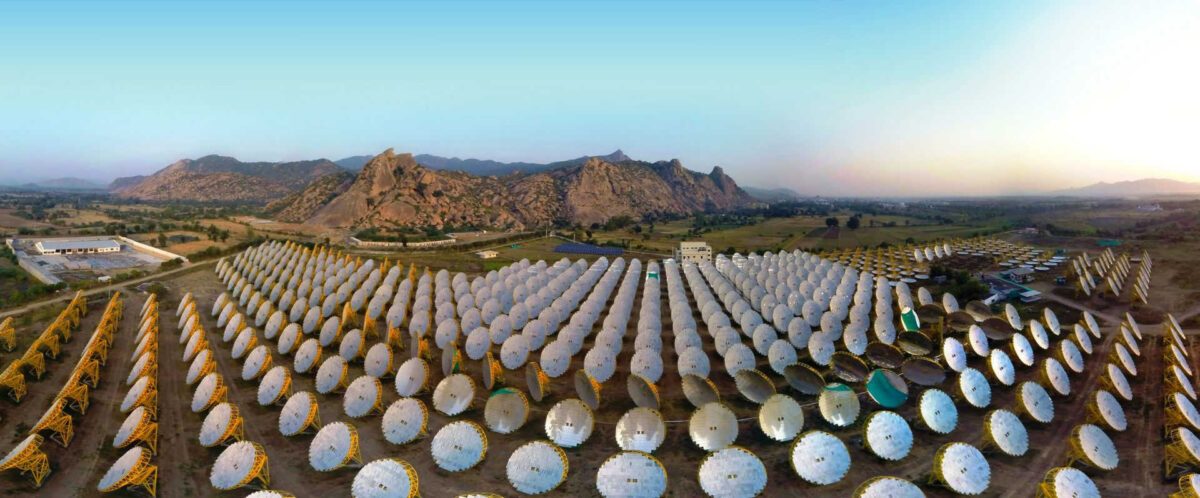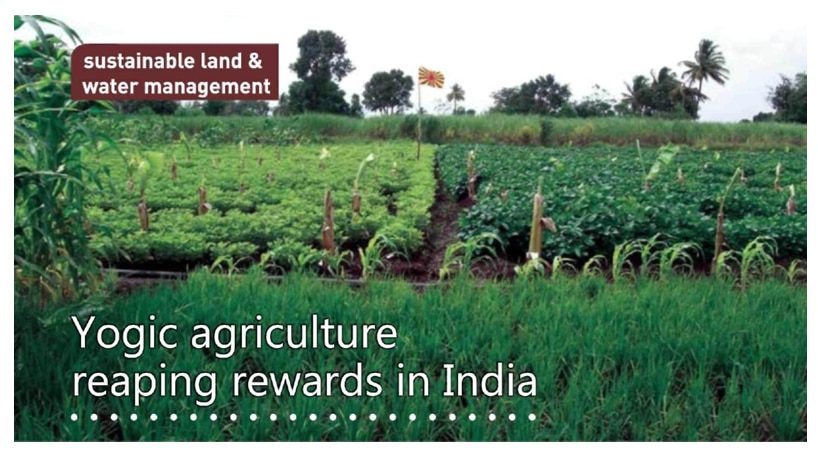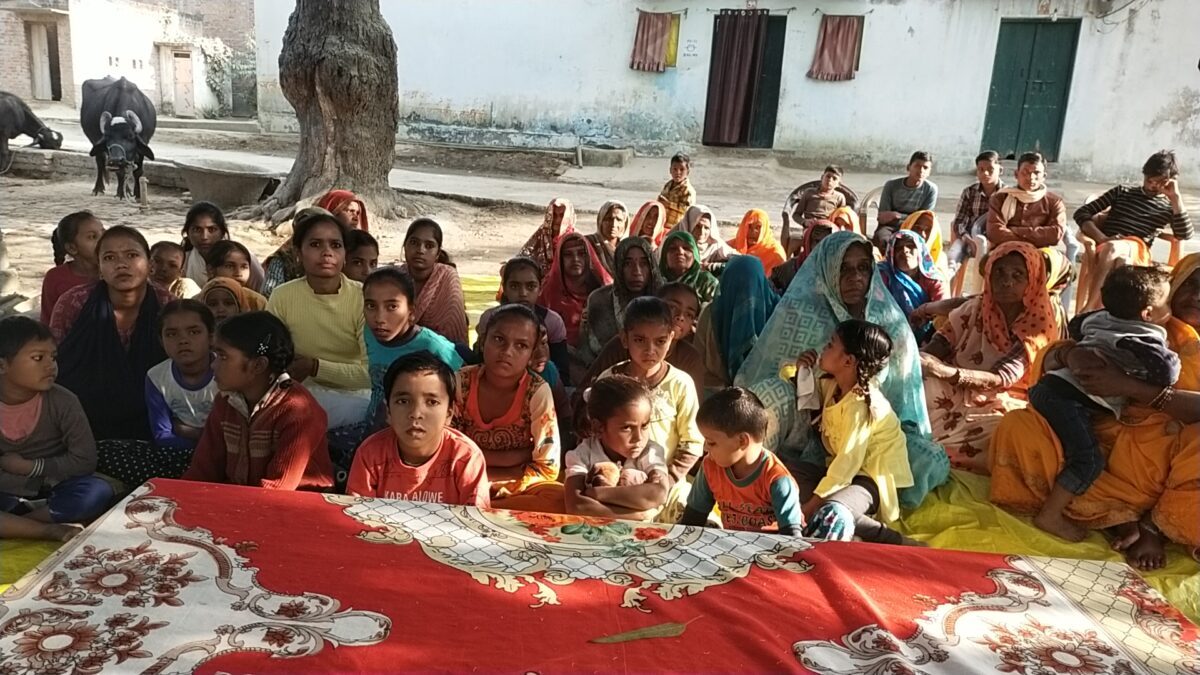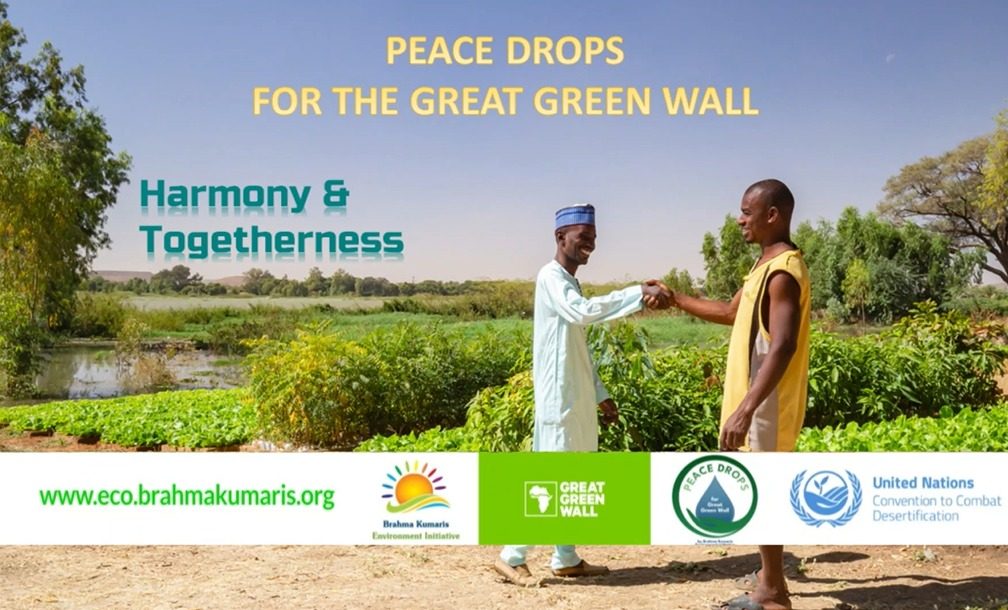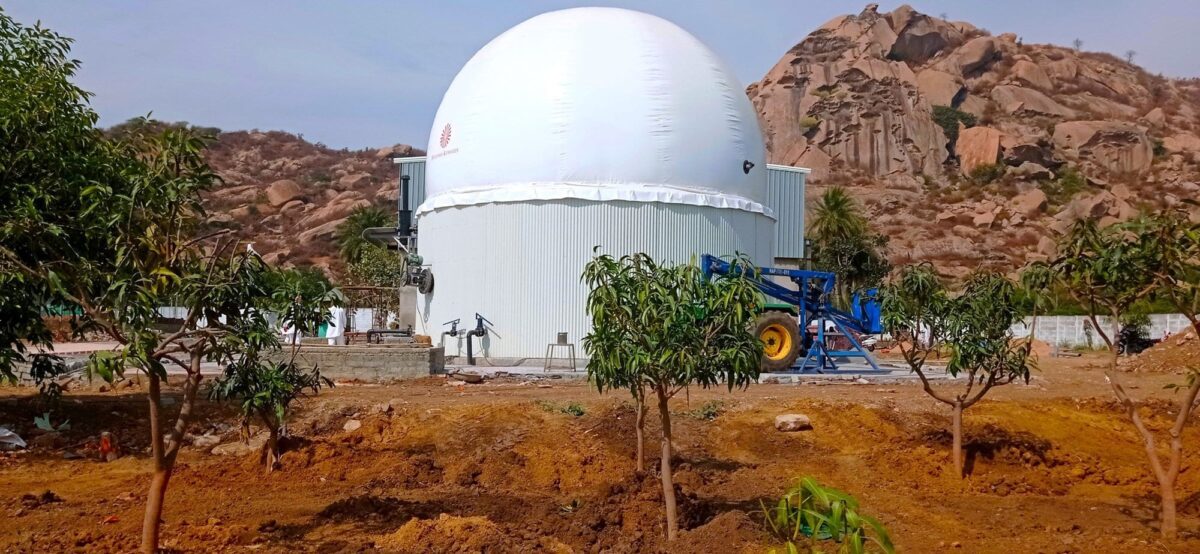As we do our work in the environmental domain, we hold on to the awareness that everything in the natural environment is given to us in sacred trust. Our home is shared with our human and non-human family and as such, has to be cared for with generosity and humble regard for everything that is part of our living system. To do so we need repair our fragmented thinking, that isolates problems and prevents holistic solutions. Our Earth is a living interconnected system.
A steady rise in the temperature of the Earth’s atmosphere has created wide spread systemic imbalance. Climate events in one place trigger ripple effects in another, ultimately affecting the entire Earth. We call this Climate Change and it is largely the creation of human consciousness.
The Brahma Kumaris advocate a spiritual approach to climate change, emphasizing the need for a transformation in human consciousness to complement scientific solutions, grounded in the view that all nature is to be held in sacred trust. Viewing the Earth as a living, self-organizing system, we stress that fragmented thinking where problems are compartmentalized, prevents humanity from recognizing the interconnections that sustain life. This disconnection perpetuates environmental degradation and hinders the finding of effective solutions.
Learn More
We, the Brahma Kumaris, refer to our work in this area as Consciousness and Climate Change: the confluence of two living systems – mind and matter (awareness and the environment). We believe climate degradation stems from choices made in a limited consciousness; self-interest coupled with wide-spread nearsightedness. To address this, we advocate for a shift in consciousness:
- From exploitation to trusteeship (stewardship).
- From consumerism to sustainability.
- From disconnection to harmony with nature.
Since 2009, the Brahma Kumaris has participated in the United Nations Framework Convention on Climate Change (UNFCCC) conferences (COPs). We do this through side events, exhibitions, and interfaith advocacy. We foster dialogue and create meditative experiences.
Field Initiatives
Promoting solar power as an exemplar of sustainable clean energy by:
- Designing, developing and installing “India One” a 1 MW solar thermal power plant in Abu Road, Rajasthan. This research project uses the in-house developed 60 m² parabolic dish and features an innovative thermal storage for night operation. The 60 m² dish is a new development based upon 20 years of experience with parabolic concentrators. “India One” will generate heat and power for a campus of 25,000 people.
Desertification is the result of a failure to have a loving holistic vision of the ecosystems for which we are trustees (stewards). Too often, we have acted from a place of self-interest, blinded by our own desires. This has resulted in deforestation, overgrazing, and poor agricultural practices which tore the delicate fabric of nature in many places.
Faced with the prospect of restoring decertified ecosystems, we must start by restoring our spiritual awareness which allows us to see the subtle interconnection of these many natural systems. In spiritual awareness we see with love. Love, becomes the intrinsic guide of our doing, and encourages cooperation with others, to restore our lands, homes, and communities to the original integrated whole.
Learn More
Faith-Based Organizations (FBOs) like the Brahma Kumaris, significantly impact local and global efforts by reaching diverse communities. Our grassroots initiatives in policy advocacy and sustainable practices complement governmental action, offering innovative partnerships for land restoration
Initiatives of the UN Convention to Combat Desertification (UNCCD) prioritize collaboration among governments, civil society, and the private sector to accelerate land restoration and resilience against drought.
The Brahma Kumaris have been accredited to UNCCD since 2019 and have actively participated in three biannual UNCCD Conferences of Parties (COPs) from COP14 in Delhi India to COP16 in Riyadh, Saudi Arabia in 2024.
Field Initiatives
The Rajrishi Gokul Village initiative addresses challenges like land degradation, drought, poverty, and erosion of traditional values. Aiming to build sustainable and harmonious communities, it focuses on holistic well-being through the pillars of People, Prosperity, and Planet. Aligned with UN Sustainable Development Goals and inspired by successes in Rajasthan and Gujarat, the project fosters values-driven, spiritually empowered, and resilient communities ready to tackle modern challenges.
Peace Drops for the Great Green Wall in Africa exemplify our concept of EcoShanti (eco-peace)—a holistic integration of inner peace and environmental stewardship. These efforts demonstrate how spiritual practices, such as silence and meditation, can inspire choices that lead to practical solutions for ecological restoration.
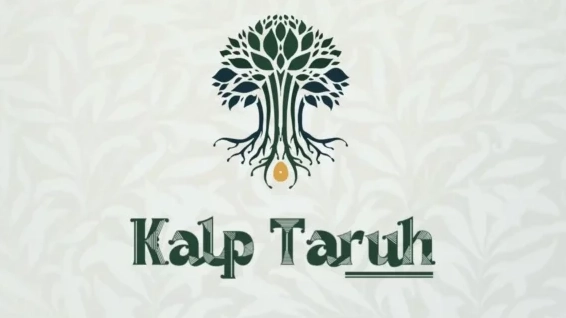
Kalp Taruh (tree plantation drive)
Sustainable Practices – The Brahma Kumaris promote plant-based diets to reduce environmental impact, along with techniques like mulching and using natural fertilizers to restore soil health.
The Brahma Kumaris embrace the vision of the Kumming-Montreal Global Biodiversity Framework, central to the Convention on Biodiversity (CBD), of a world living in harmony with nature by 2050. However, we believe that the foundation and scaffolding needed to achieve this vision, requires an inner framework.
This framework begins with a shift in awareness that reshapes attitude, which in turn elevates vision, and vision transforms action. This shift in awareness ultimately leads towards the harmony with nature that we seek.
Learn More
The Brahma Kumaris also embrace integrating indigenous wisdom and the Rights of Mother Earth, into the biodiversity conversation. As with the indigenous traditions, we advocate for a profound connection between inner awareness and outer ecological harmony.
Through our participation in Convention on Biodiversity (CBD) conferences from COP11 to COP16, the Brahma Kumaris have amplified a call for an ecological civilization, where spiritual awareness informs choices. We emphasize the need for a collective shift toward recognizing biodiversity’s inherent value and commit to hold it in sacred trust for future generations.
Water is life giving. No one can ‘own’ this resource. It is an element of purification and home to many species. By its very nature, it literally runs through our fingers if we try to ‘hold on’ to it, or evaporates into thin air. It flows through and across boundaries, countries and continents, and anyone who finds themselves with a ‘right’ or a ‘deed’ to water, whether an individual, a company, or country needs to understand and have the awareness that they are in fact only trustees of this life-giving resource. Only when this is deeply understood will sustainable water management, that respects water’s intrinsic value, and emphasizes fair moral and ethical stewardship, be possible.
Learn More
To mobilize Member States, the UN system and stakeholders alike came together to bring solutions to the Water Action Agenda – the first UN Water conference in a generation was held in New York in March 2023, in which the Brahma Kumaris also participated for the first time.
Water comes under Sustainable Development Goal 6 agenda; though it is a cross-cutting issue that interconnects with critical global issues like peace, biodiversity, gender equality, and climate action.
Throughout the conference, the BK participated in key discussions. In “Faith Community as a Blue Community,” they joined other faith leaders to advocate for equitable access to water, urging a shift from commodification to recognizing water’s sacred value. During “War, Water, and Peace,” they explored the links between water scarcity and conflict, promoting dialogue and cross-border cooperation as tools for fostering peace. At the “Eco Affinity” event, the BK emphasized the importance of cultivating a sacred relationship with water through contemplative practices, and blending spiritual awareness with actionable strategies for sustainability.
Through their participation, the Brahma Kumaris offered a vision of water stewardship rooted in spirituality and inclusivity, reminding the global community of the profound relationship between humanity and this essential resource.
Field Initiatives
Waste Water Management at BK Headquarters.
The state of Rajasthan is in North West India and is very prone to droughts so as an organisation Brahma Kumaris have a clear aim to become a role model in sustainable practices regarding water usage. The underlying principle is to achieve zero water discharge which means that all wastewater is reused. There are several departments that act solely to manage and meet all the water requirements of the different campuses, which welcome about 300,000 visitors a year.
Departments such as the Water Recycling section which collects used water from the bathrooms and dining rooms and processes it through an “Effluent Treatment Plant. The Water Harvesting Department and the Hot water for Drinking and Bathing section.
Another department is the Water Conservation and Awareness Section and their role is to alert visitors and residents to the importance of being economical with water. They do this through educational campaigns, pamphlets, notice boards and exhibitions. They join with other BK centres around the country to organise nationwide campaigns, especially around World Water Day which happens every year in March.

